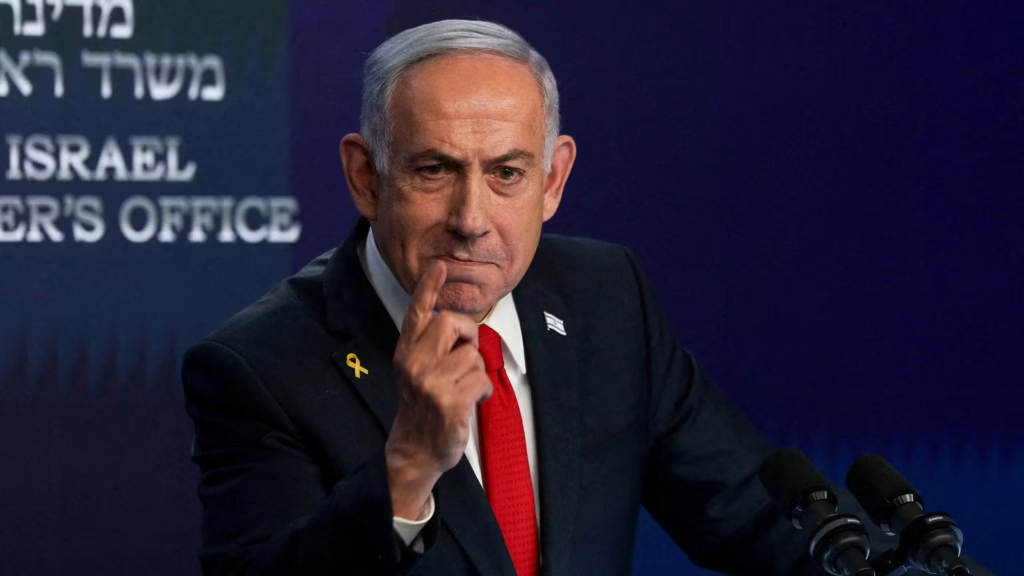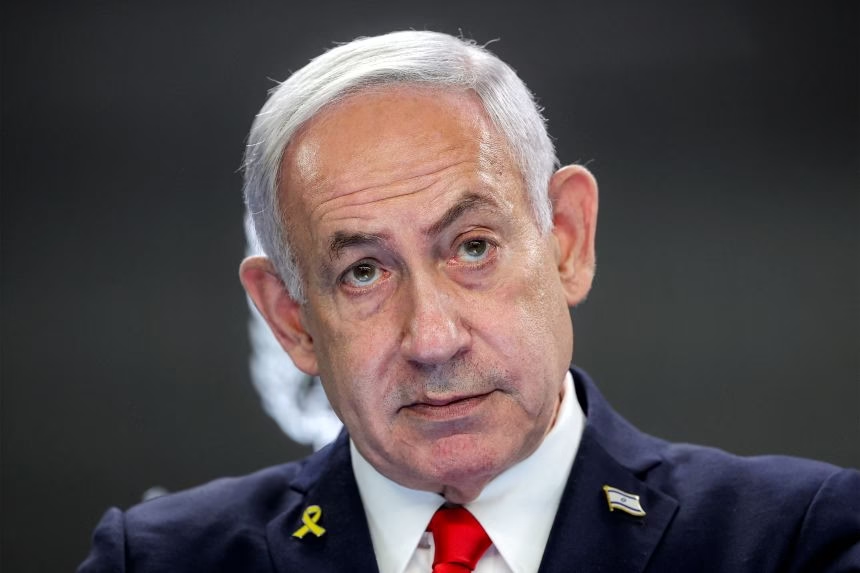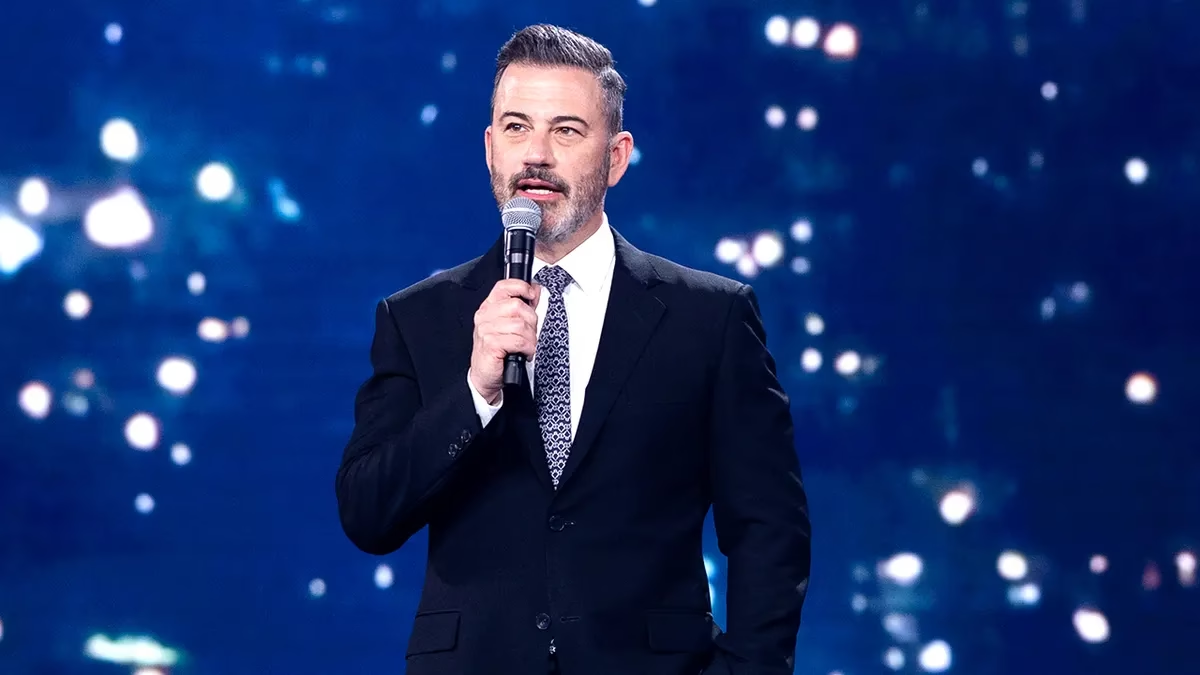
Israeli Prime Minister Benjamin Netanyahu has instructed negotiators to intensify talks on securing the release of hostages in Gaza, even as Israel prepares for a large-scale military operation aimed at capturing key cities and crippling Hamas’s remaining strongholds. The dual strategy highlights Israel’s attempt to balance military pressure with diplomatic negotiations in the ongoing war.
Netanyahu Orders Gaza Hostage Talks Amid Military Escalation
Netanyahu’s latest directive comes after weeks of international pressure to prioritize humanitarian efforts. Families of hostages have repeatedly urged the government to act faster, accusing officials of focusing more on battlefield victories than on saving lives.
By ordering Gaza hostage talks, Netanyahu is signaling a willingness to explore negotiations through mediators, including Egypt, Qatar, and the United States. Yet, Israeli officials stress that diplomacy will not replace military action.
Israel’s Plan: City Capture and Hamas Defeat
At the same time, Israel is finalizing plans for a city-by-city offensive inside Gaza. Military commanders believe that seizing control of key urban centers will break Hamas’s infrastructure and undermine its ability to govern or launch attacks.
The Israeli Defense Forces (IDF) have already carried out targeted strikes against tunnel networks, command centers, and rocket sites. Now, attention is shifting to the capture of densely populated areas still under Hamas control.
Officials in Jerusalem insist the ultimate goal is “Hamas defeat”—a phrase that has become central to Israel’s war narrative. While this objective resonates with domestic audiences, critics warn that urban combat could deepen civilian casualties and inflame international opinion.
Balancing Diplomacy and War
By pushing for hostage talks while planning a full-scale assault, Netanyahu is walking a political and strategic tightrope. Analysts say this dual-track approach is partly aimed at placating Washington, where the Biden administration has urged Israel to show restraint.
“Netanyahu needs to demonstrate that he’s not ignoring humanitarian concerns,” said a Middle East analyst in Tel Aviv. “At the same time, his political survival depends on proving that Israel can defeat Hamas decisively.”
This balancing act also reflects pressure from within Netanyahu’s fragile coalition, where hardline members demand total military victory, while moderates caution that ignoring international appeals could isolate Israel.
Hostage Crisis: The Emotional Core of the Conflict
The hostage issue remains one of the most emotional and politically explosive elements of the war. Hundreds of families continue to protest in Tel Aviv and Jerusalem, calling for a deal that prioritizes their loved ones over battlefield gains.
Human rights groups argue that hostage talks must move faster, warning that delays risk lives. For Netanyahu, however, making concessions to Hamas is politically dangerous. Each step in negotiation is weighed against the risk of appearing weak in front of both allies and enemies.
Hamas Response and International Pressure
Hamas has not publicly responded to Netanyahu’s order for new hostage talks, but its leaders have previously conditioned releases on major concessions, including ceasefires and prisoner exchanges.
Meanwhile, international pressure is building. The United Nations, European Union, and U.S. officials are pushing for pauses in fighting to allow humanitarian aid and negotiations. Netanyahu’s government, however, continues to argue that only sustained military pressure will force Hamas to the table.
What’s Next for Gaza?
As Israel readies its city capture strategy, many observers fear the humanitarian crisis in Gaza will deepen. The destruction of urban centers risks creating more displacement, famine, and health emergencies.
Still, Netanyahu’s rhetoric remains firm: “Hamas defeat” is non-negotiable. The coming weeks will likely determine whether his strategy of combining Gaza hostage talks with aggressive urban warfare can achieve results—or whether it risks prolonging a conflict with no clear end.
Conclusion: Netanyahu Orders Gaza Hostage Talks as Israel Sharpens Its War Plan
The Israeli Prime Minister’s dual directive—to pursue hostage negotiations while preparing for major city captures in Gaza—marks a critical juncture in the conflict. Whether this approach can secure the safe return of hostages and weaken Hamas remains uncertain. What is clear is that Netanyahu’s decision to link diplomacy with military escalation will shape both the battlefield and Israel’s international standing in the weeks ahead.



